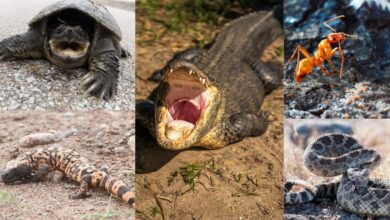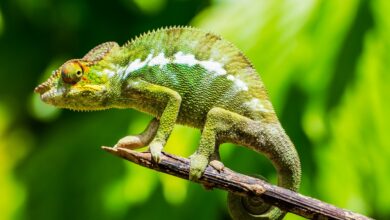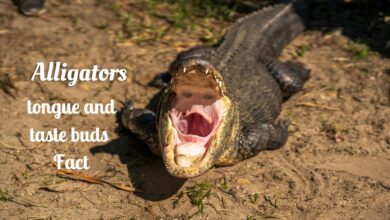Can Crocodiles Truly Be Domesticated?
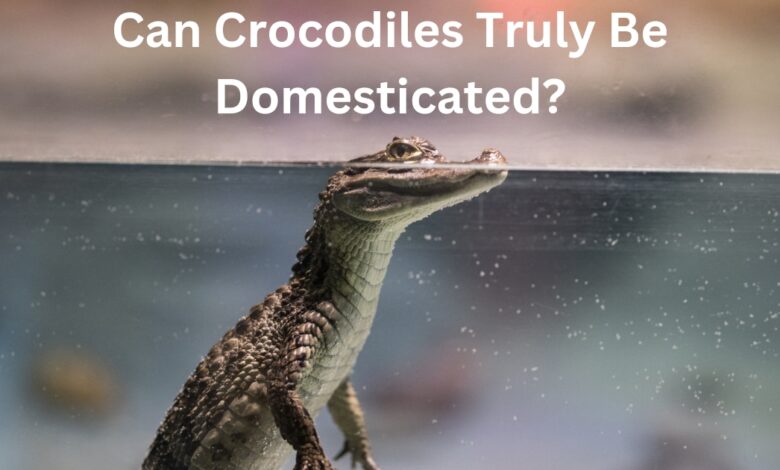
Can Crocodiles Truly Be Domesticated? (Explained Answer)
Domesticating crocodiles is an impractical endeavor, as they do not respond to commands like domestic animals. The practice of feeding wild crocodiles is discouraged to prevent the development of attachments to humans.
Crocodiles friendly possibilities
Crocodiles typically aren’t known for being friendly, especially towards humans. Yet, there have been occasional instances where crocodiles formed bonds with humans or other animals, establishing enduring connections.
For instance, researchers have observed young crocodiles engaging in play with river otters. However, as the crocodile matures, these dynamics change.
In a remarkable case, a crocodile that suffered a head injury from a gunshot formed a unique bond with the person who rescued it. Over the next two decades, until its demise, the crocodile played with its rescuer.
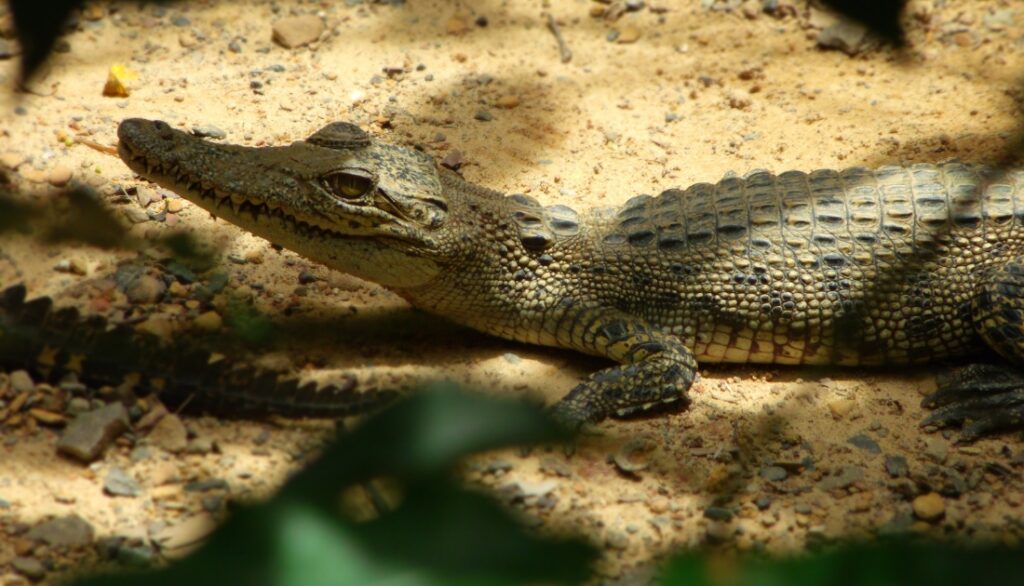
While such instances are rare, they highlight the potential for socialization to influence crocodile behavior, particularly when initiated at a young age.
Can crocodile be a pet?
Crocodiles and alligators aren’t ideal choices for pets due to their specific needs. These large reptiles require extensive space and a diverse diet to thrive.
As hunters, crocodiles prefer live and fresh prey, and maintaining their health as pets involves providing a balanced diet beyond standard meats like chicken or beef.
Regulations surrounding exotic pets differ across states and countries. While some places may not require permits for crocodile ownership, others have specific regulations. For instance, in Vermont, owning a crocodile may not demand a permit, but obtaining one for an anaconda is necessary.
Crocodiles Aggression
Crocodiles, particularly saltwater species, exhibit aggressive behaviors from a young age, making them formidable predators. Despite their ability to form bonds, crocodiles remain formidable and aggressive reptiles.
Known for their hunting prowess, they excel at ambushing prey in the water, where their speed and stealth are unparalleled. Even the smaller species boast considerable size and weight, making them a force to be reckoned with.
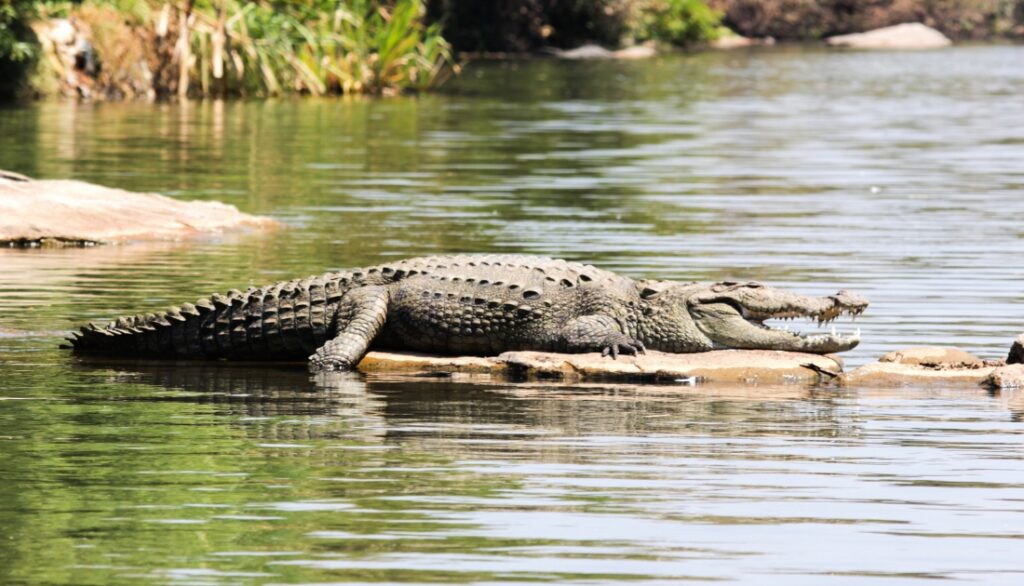
While crocodile hunting is a risky endeavor due to their unpredictable nature, these reptiles showcase their hunting skills by stealthily taking down prey with powerful jaws in a single, lethal bite.
Crocodile mating bonds
Crocodiles do not engage in lifelong mating commitments, lacking monogamous tendencies. Despite this, their mating rituals possess a unique and somewhat affectionate nature. Rare photographs captured by experts reveal intriguing aspects of crocodile mating, showcasing surprising gentleness from the larger male counterparts.
The mating ritual extends beyond the act itself, with notable behaviors like rubbing snouts and blowing bubbles underwater, particularly observed in saltwater crocodiles. While these reptiles do not form lifelong bonds, males are known to provide protection to female crocodiles within their territory during specific periods.
How to protect by crocodile attack?
Understanding Crocodile Behavior: Recognize the high intelligence and aggression of crocodiles, emphasizing the importance of avoiding close encounters, particularly in aquatic environments.

Cautionary Retreat: In the infrequent event of spotting a crocodile in the water, prioritize maintaining a secure distance. Employ a gradual and quiet retreat, minimizing splashing and noise to prevent capturing the predator’s attention.
Eye-Targeting Techniques: In life-threatening situations, focus on the crocodile’s eyes as a vulnerable target. Acknowledge the sensitivity and significance of their eyes, and understand that this tactic can act as a deterrent.
Real-life Survival Story: Learn from a survivor’s experience who successfully escaped a crocodile attack by strategically poking the predator’s eyes. Emphasize the potential effectiveness of such defensive actions in dire situations.
See Also: How frogs breath underwater? (Amazing strategy)
Swift Retraction: Illustrate the swift retraction of the crocodile after the eye-poking incident, underscoring the importance of quick thinking and decisive actions in ensuring personal safety.
Conclusion
Crocodiles are inherently wild and aggressive reptiles, contributing to approximately 1,000 fatal attacks each year. Even the smallest crocodiles pose dangers in their natural habitats, necessitating an understanding of their unpredictable behavior.
While rare instances showcase trained crocodiles in specific facilities, it’s crucial to highlight the extraordinary nature of such cases. Despite any training, these reptiles are not pets and should never be treated as such.
